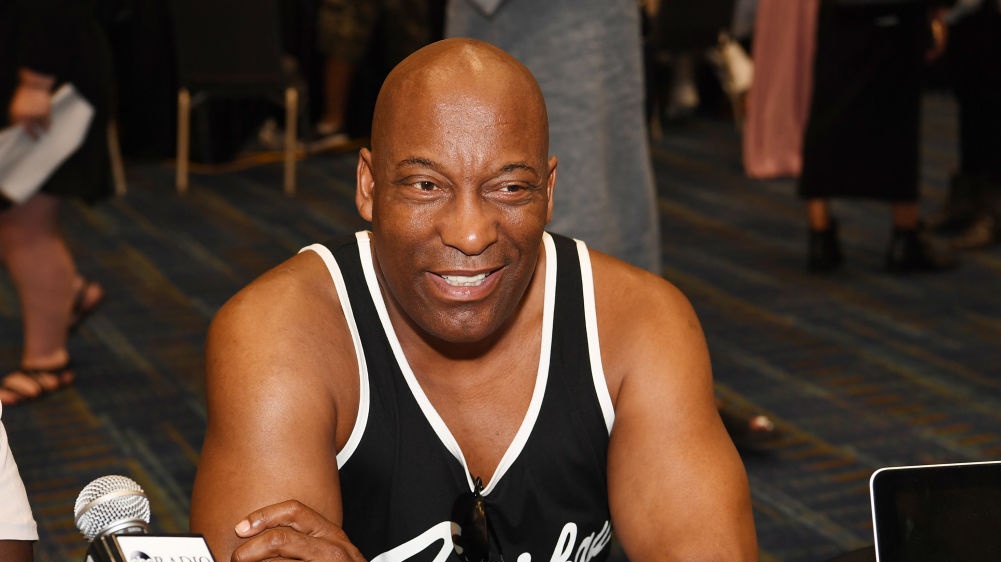If you’re interested in sharing your opinion on any cultural, political or personal topic, create an account here and check out our how-to post to learn more.
____
During January, the Black community celebrates the life of the late, exceptional film director Mr. John Singleton, who was born on January 6, 1968. He was an instrumental piece to our culture and it’s unfortunate we had to lose one of our staples so soon. The silver lining is, even though he’s gone, the movies and projects he left behind live on forever.
Singleton made films that gave Black people a sense of representation and voice. Most of his stories, if not all, were based on true events and experiences. We all remember Baby Boy (2001), right? I mean, how could we forget the grown-ass man living off of his mom and two baby mothers while still running the streets of Los Angeles? No matter how cliché or stereotypical this movie was, Black people, no matter their socioeconomic status or place of residence, could identify.
Singleton also gifted us other Black films such as Boyz In Da Hood (1991) — all these years later, we still can’t erase the image of Ricky getting shot to death — and Poetic Justice (1993). Aside from following along the dynamic plots of these films, he introduced us to the acting talents of musicians such as Tupac Shakur, Janet Jackson and Ice Cube. Well-renowned actors such as Morris Chestnut, Laurence Fishburne, Regina King and Angela Bassett were also center stage.
Because Singleton took pride in his storytelling and had an intricate plan to execute, we remember his films and discuss them decades later. Not everyone in the industry is able to create work that sustains in the way he did. And before his passing in 2019, he was far from dormant, working on the set of the hit TV series Snowfall (2017).
In much of his work, he made it his duty to pay homage to his city by filming throughout the streets of South Central Los Angeles, as seen in Snowfall. And when his projects weren’t shot directly in South Central, he still maintained this nod to the city in the films Higher Learning (1995) and in Rosewood (1997).
Singleton told the Black stories that needed to be told, and he made sure they were original. His filmmaking explored relevant issues in the Black community such as, but not limited to, racism, reverse racism, discrimination, oppression, police brutality and gang violence. With that being said, he was sure to include the softer, loving experiences within our community as well. We saw Black love flourish on-screen through images of two-parent households, eternal friendships, hardworking Black fathers and so much more.
Singleton had an innovative mind and his projects have and will continue to serve as a teaching tool for generations to come. He brightly illustrated Black excellence through his filmmaking and paved the way for up-and-coming Black directors.
